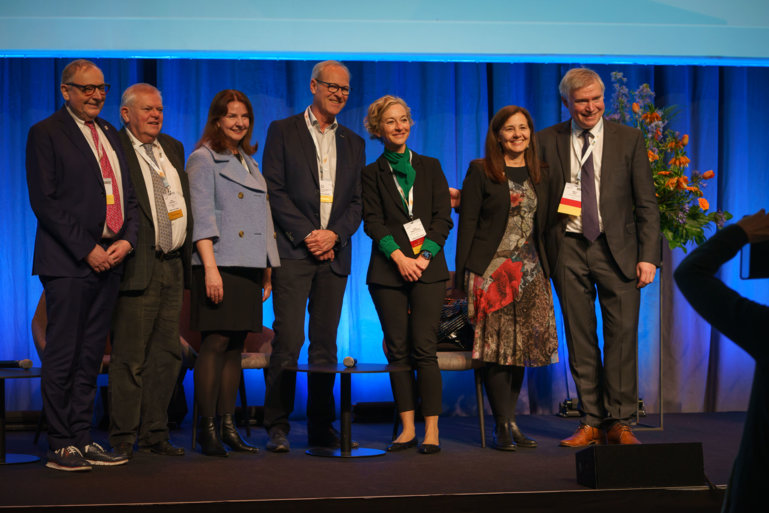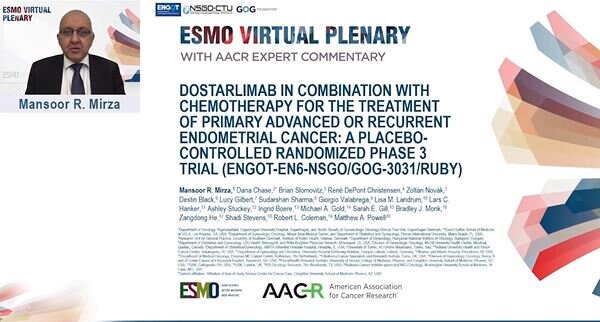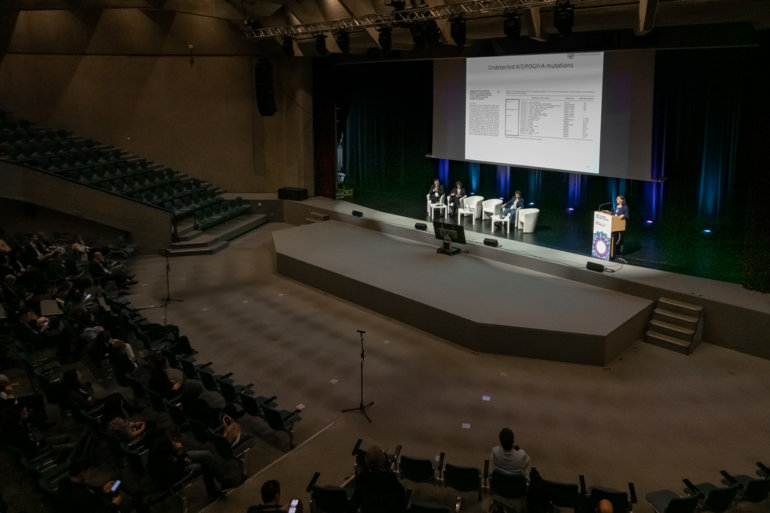
Mesothelioma treatment: from hopeless to hopeful
Recipient of the Heine H. Hansen Award 2023, Prof. Paul Baas charts the course of mesothelioma treatment over the last 30 years and warns that progress has been made only in some areas of the world

Recipient of the Heine H. Hansen Award 2023, Prof. Paul Baas charts the course of mesothelioma treatment over the last 30 years and warns that progress has been made only in some areas of the world

ESMO is contributing to making European Union legislation stricter on exposure limits for air pollution and asbestos to prevent new lung cancer cases

Results from the RUBY trial show improvements both in progression-free survival and overall survival in patients treated with dostarlimab plus standard chemotherapy, indicating a new standard of care

Molecular genetic analyses of NETs hint at actionable therapeutic targets and potential predictive biomarkers of response to axitinib

Database studies in this rare cancer suggest that chemotherapy may provide survival benefit in node-positive tumours and that the KRAS G12D mutation could be a potential therapeutic target

New recommendations of the MDICT Taskforce highlight the need to rethink how research studies are conducted and of multi-stakeholder collaboration

The 2023 ESMO TAT Honorary Awardee Prof. Susan E. Bates gives an overview of the lasting challenges and unfulfilled potential of these therapies

Despite the promises shown by some innovative technologies in the studies presented, they will not replace existing diagnostic modalities soon

A study presented at ESMO Congress 2022 highlights the need to identify predictors of anticancer drug toxicity as more complex treatments become available

AI technology is being tested across tumour types and with different purposes, with an emerging trend for adding value to whole slide image analyses for HER2 status
This site uses cookies. Some of these cookies are essential, while others help us improve your experience by providing insights into how the site is being used.
For more detailed information on the cookies we use, please check our Privacy Policy.
Necessary cookies enable core functionality. The website cannot function properly without these cookies, and you can only disable them by changing your browser preferences.